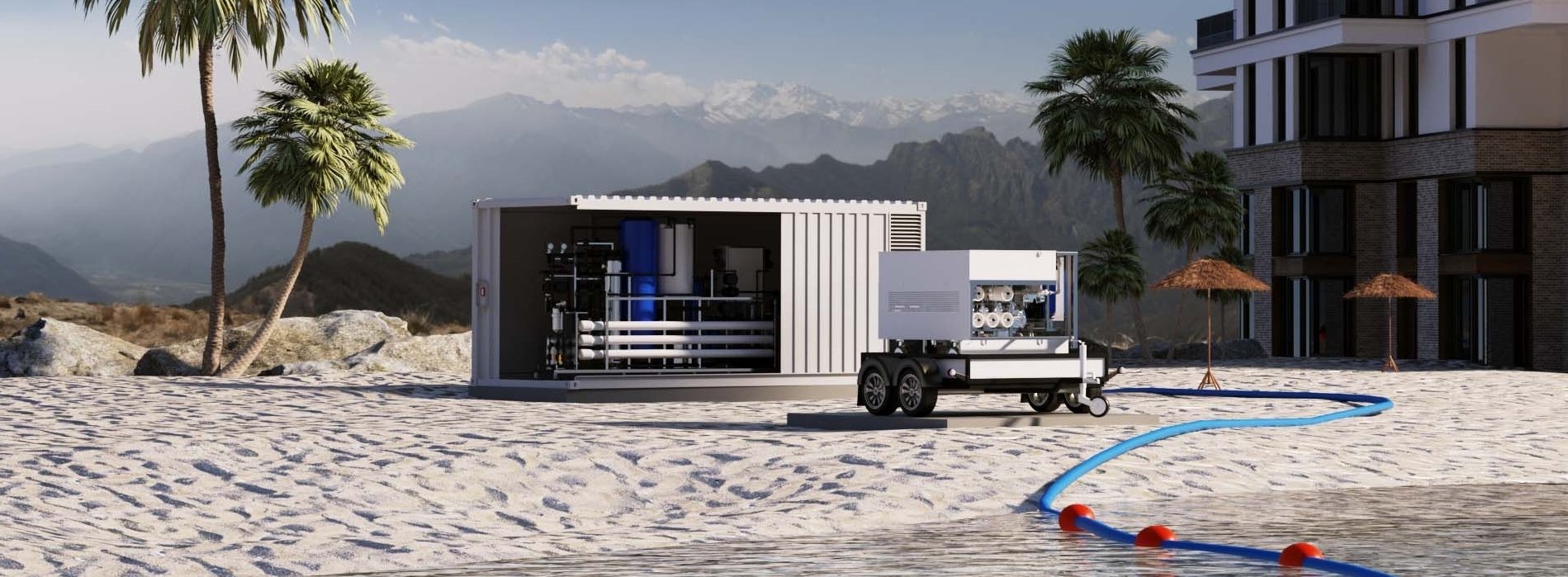Water scarcity is no longer a distant concern—it’s an economic and humanitarian crisis in motion. Over 1.5 billion people already lack access to safe drinking water, and by 2040, 35% of the global population will be affected by freshwater shortages. As traditional water sources dry up, desalination is rapidly becoming a cornerstone of resilient infrastructure, and Aquaphor Professional (APRO) is at the forefront of this transformation.
With rising salinity levels and unreliable freshwater supplies, industries from agriculture to hospitality are being forced to rethink water sourcing. Agriculture, for example, consumes up to 500 liters of rain or groundwater to produce just 1 kg of wheat in open fields. In contrast, modern greenhouses using APRO’s RO-based systems can grow 1 kg of high-value fruits or vegetables using as little as 7 liters of recycled RO-purified water — a game-changing leap in water efficiency. The implications stretch across vertical farming, food processing, manufacturing, and data centers—sectors where ultrapure or desalinated water is not just an advantage, but a necessity.
Unlike centralized, capital-intensive desalination mega-projects that involve multibillion-dollar pipelines — as seen in the Yellow Sea–Beijing example — APRO delivers compact, mobile, and Plug&Play desalination units.
These systems operate at just $0.5 to $2 per 1,000 liters, with ultra-low energy consumption and automated maintenance.
Transporting water over 30–40 km becomes obsolete when fresh water can be produced exactly where it’s needed — from island resorts to remote industrial hubs.
With climate models warning of increased drought frequency, the global water treatment industry is poised for exponential growth.
APRO’s patented, modular desalination technology is not just a solution—it’s a competitive advantage in a world where water is the new currency.


